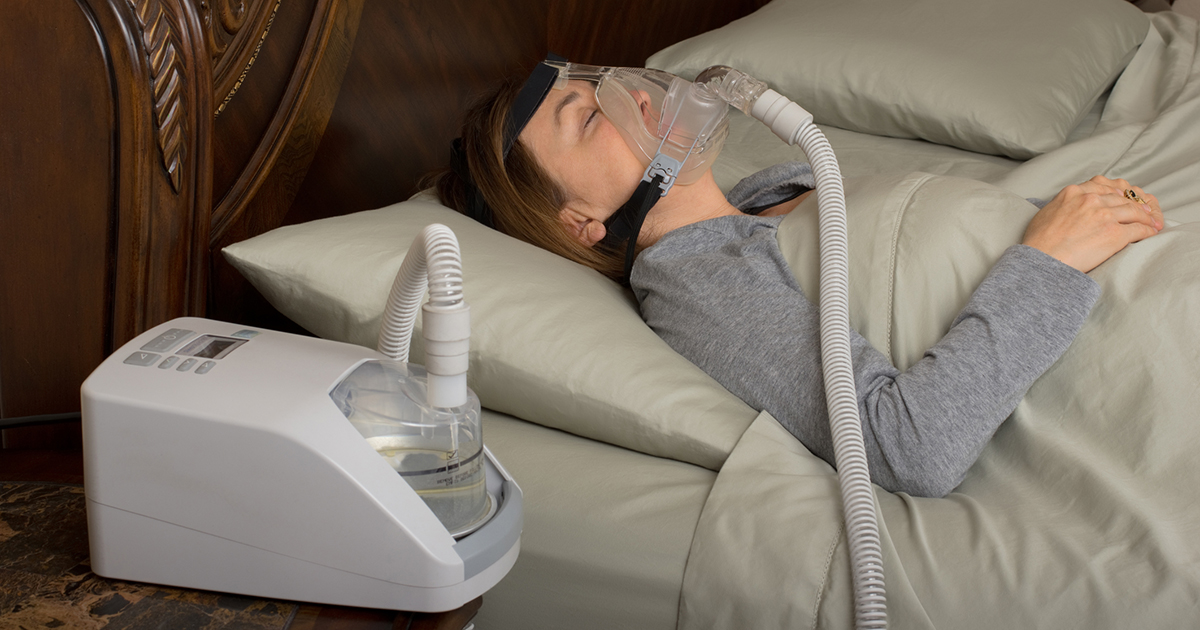Major Triggers of Hypertension Disorder
Sleep Apnea

Sleep apnea is a condition that occurs when an individual stops breathing and then starts again at night while they are sleeping. A sleep apnea patient may stop breathing as much as one hundred times in one night. If left untreated, sleep apnea may lead to high blood pressure. According to the National Sleep Foundation, when an individual’s breathing is interrupted, the oxygen levels in the body fall, causing the brain to signal the nervous system to increase the flow of oxygen to the brain and heart, which tightens up blood vessels. Individuals suffering from sleep apnea must receive the appropriate treatment as soon as possible so they can breathe normally while sleeping and avoid potential complications, including chronic high blood pressure.
Discover more hypertension triggers now.